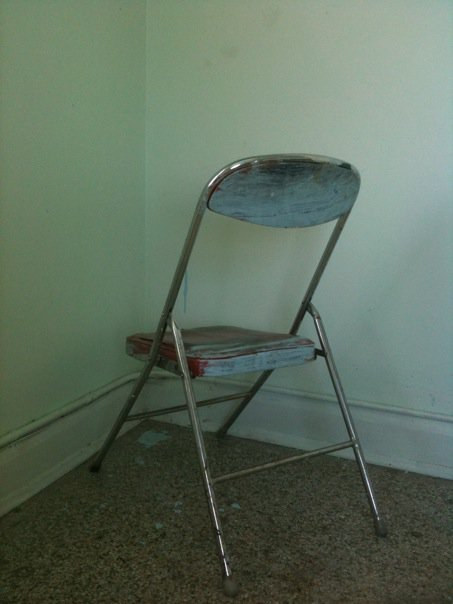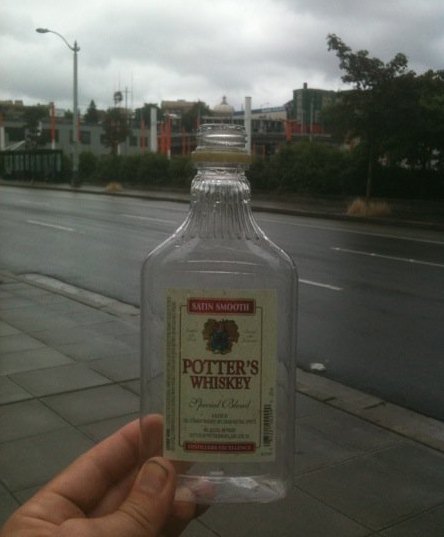Like the unnamed narrator of his first novel, Life With A Star, the Jewish writer Jiri Weil had a chance to escape from Prague just before the German invasion in 1939, but he couldn’t bear to leave.
Life With A Star:
I was born here, I knew almost every street, I had my own cafe, my movie house, my newsstand and tobacco shop.
Weil faked a suicide so his name would be struck from the Nazis’ list; he survived the war in hiding. His characters didn’t fare as well.
At one time we all dreamed of miracles and now we didn’t like it when they occurred. We would have preferred to live calmly and simply, instead of on the edge of our seats….
Digging our graves, we counted every minute separating us from death. As long as we held the handles of our shovels, as long as our fingers held a handle, as long as our fingers were freezing and the skin on our hands was raw, we were alive…
We would never have admitted that our lives were worthless, because they were our lives, our unique and unrepeatable lives.
I thought of these sentences looking at Jesse Edwards‘ photos of bleak marginalia. Our unique and unrepeatable lives….

 And I thought of the video tribute to The Hooters, below. We are still living in the hangover of those European murders, but as Weil who witnessed them was able to report, the important thing to the victims was not their deaths but their lives.
And I thought of the video tribute to The Hooters, below. We are still living in the hangover of those European murders, but as Weil who witnessed them was able to report, the important thing to the victims was not their deaths but their lives.
Here’s Philip Roth, summarizing the plot:



On this recommendation I recently read Life with a Star. Thank you.
My mother was born in 1933 and grew up under the Nazi occupation in Prague.
It was strange to imagine the little girl she was inhabiting the same streets as Weil and his persecuted compatriots.
I hope others will read this book. It is far from bleak. The place of stuff–marginal or otherwise–is rather important. The narrator owns and wants nothing and finds a reason to live, whereas the growing stockpiles of looted treasure only amplify the Nazis’ death worship.
There’s a lesson in there somewhere.